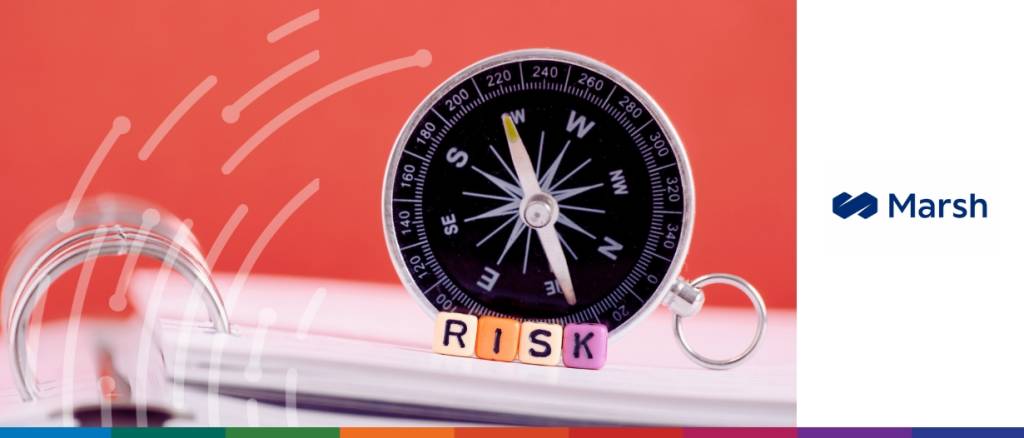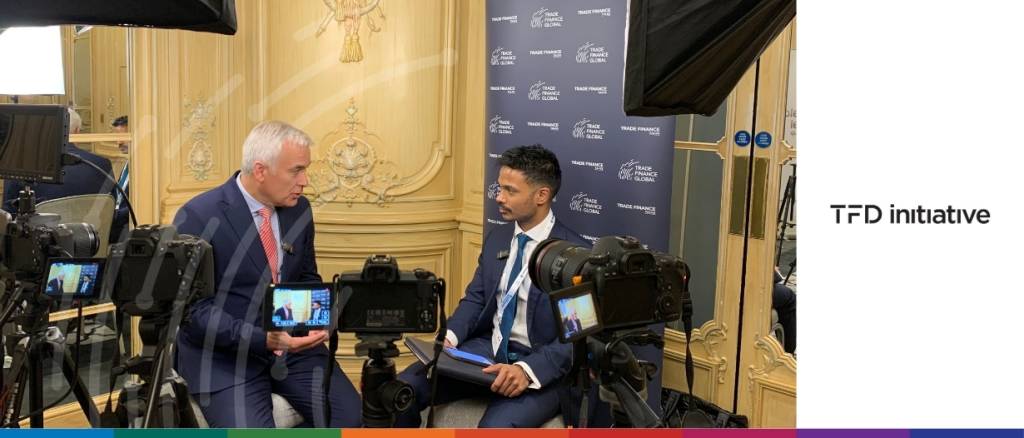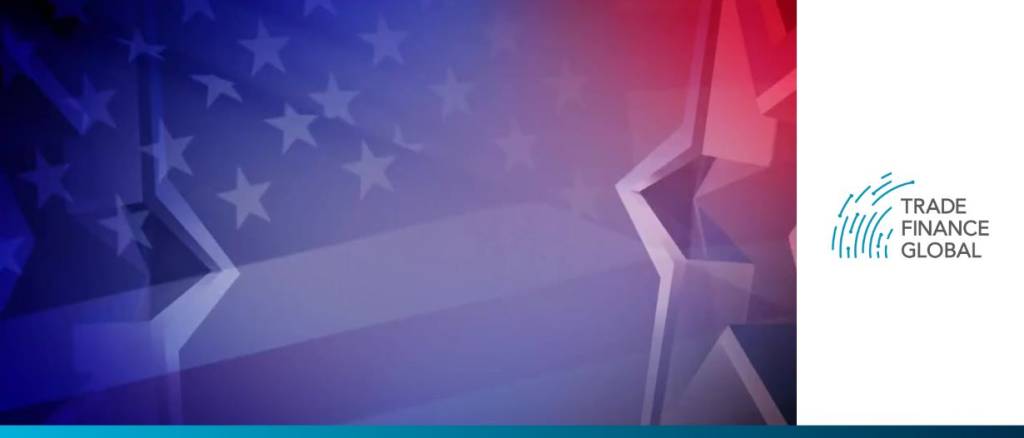Today’s heightened geopolitical risk environment — characterised by volatility, uncertainty, and a widening range of possible outcomes — has become a more significant driven of operational and strategic risks to… read more →
The initiative, launched on 12 February 2025, establishes an automated industry-wide solution that enables banks to instantly verify the authenticity of bills of lading—crucial documents that represent ownership of goods… read more →
The responses assume 2025’s key financial trends: digitalisation through generative AI (GenAI), cloud adoption, and API-driven ecosystems. These come with a strong emphasis on regulatory compliance and environment, social, and… read more →
Emerging market institutions have a legacy – one shaped by a commitment to stability and risk aversion, but often at the cost of innovation. Compliance and risk management systems that were put in place decades ago remain untouched, not because they are optimal, but because they were the only options available.
Treasury never sleeps. Well, treasurers might (if the job isn’t keeping them awake too much!) but the profession itself continues to evolve at speed. Tech is undoubtedly a major driving… read more →
As the year winds to a close we’re revisiting our predictions to see how well they measured up to reality. Let’s dive in!
It’s been an interesting year. The ups and downs of the supply chain, the relentless pressures of stubborn inflation and widespread conflicts across Europe and the Middle East have reshaped… read more →
In a twice-yearly report on the soundness of the UK financial system, the BoE said that “a reduction in the degree of international policy cooperation could hinder progress by authorities… read more →
The move comes as trade uncertainties mount, linked to Donald Trump’s upcoming return to the US presidency. The Bank of Korea (BoK) reduced its benchmark interest rate by 25 basis… read more →
This is one of the most consequential US elections in history, which has been mainly determined by what’s at stake in an ideological or geopolitical domain. But we at TFG… read more →
























